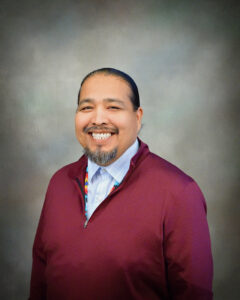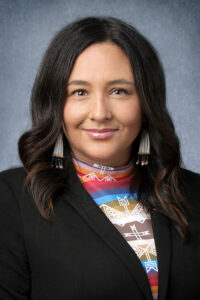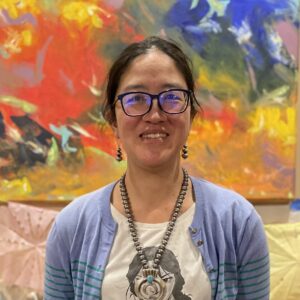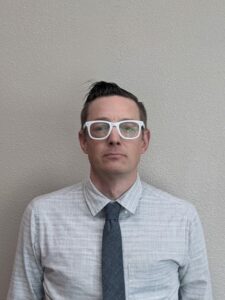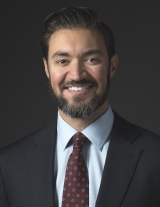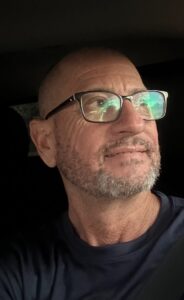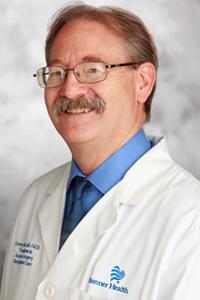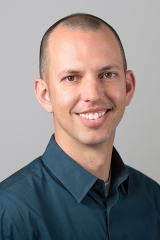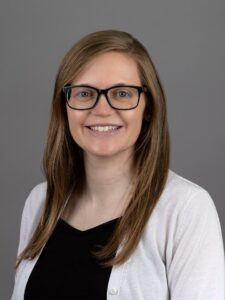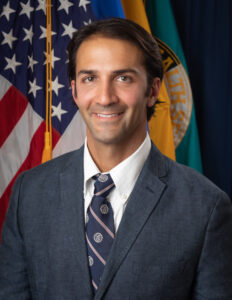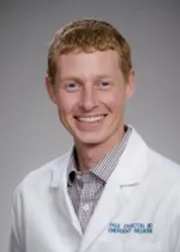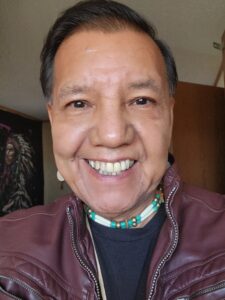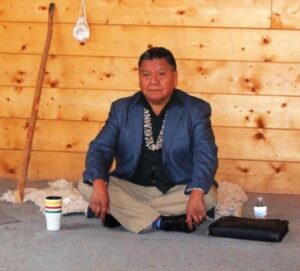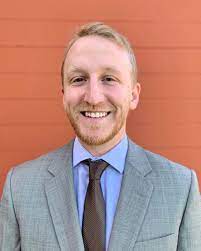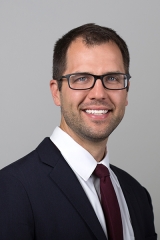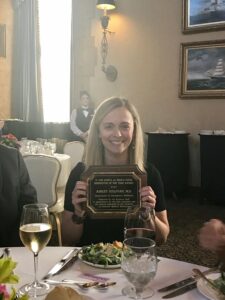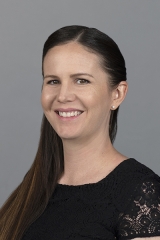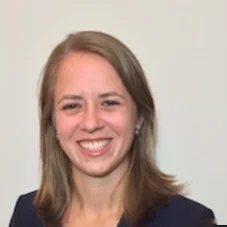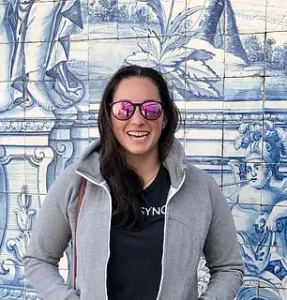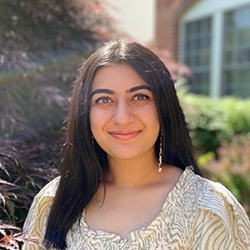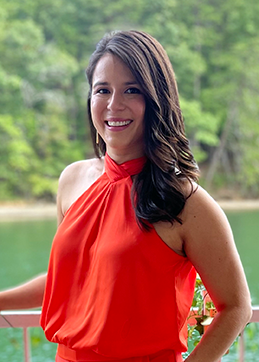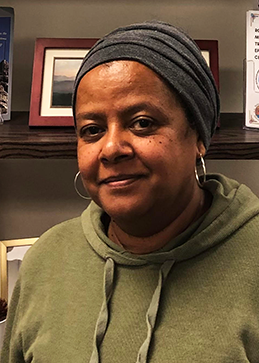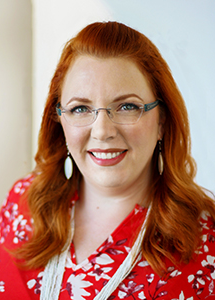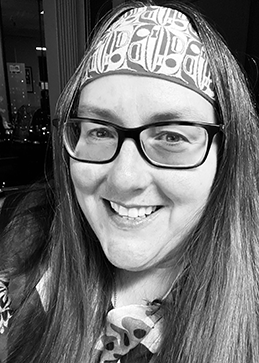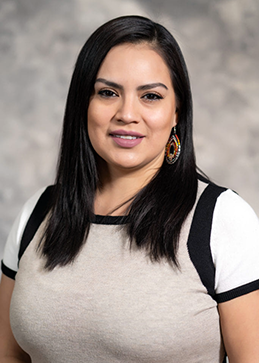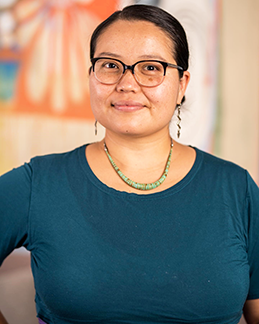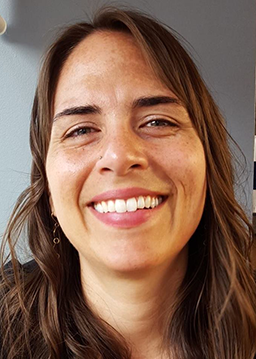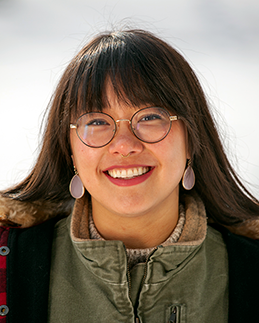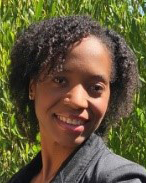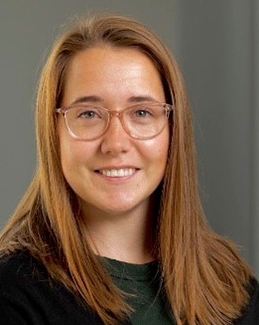Growing More Than a Hepatitis C Treatment Program

“When I think about my time at Crow, I think about the hepatitis C treatment program. It was one of the most rewarding things I have done personally and professionally,” effused Dr. Angela Troutt, PharmD. Angela and her colleague, Dr. Kelsey Kroon, also a clinical pharmacist, have a palpable passion when describing the Crow/ Northern Cheyenne Hospital’s hepatitis C treatment program. Although the pair encountered multiple challenges while establishing the program, their successes in curing patients and building relationships with other providers made the bumps along the journey well worth it.
The Right People at the Right Time: Leveraging Knowledge and Relationships through Indian ECHO
In 2017, Angela and Kelsey attended Indian Country ECHO’s training on best practices for treating hepatitis C. Kelsey explained that this training not only provided them with the knowledge base to effectively treat this condition, it also helped the pair overcome logistical and professional barriers they faced while initiating their treatment program.
“ECHO’s been awesome! I don’t think there is any way we could have started seeing hep C patients here as pharmacists without it.”
– Kelsey Kroon, PharmD
With the help of Indian Country ECHO, Angela and Kelsey built relationships with other pharmacists across Indian Country who were treating hepatitis C patients. Through these relationships, they were able to gather advice on administrative policies and procedures vital to the development of Crow’s hepatitis C program. For example, one of the most important pieces of administrative guidance they received revolved around how to create a collaborative practice agreement, in which a supervising physician agrees to allow pharmacists to treat under their license. With this information, Angela and Kelsey entered into an agreement with Dr. Robert Wilson, a physician at Crow, who championed their work.
To establish and build trust with Dr. Wilson, and subsequently other physicians, the pharmacists copied Dr. Wilson on notes, consulted with him about complicated cases, and kept him informed when making important clinical decisions. Having Indian Country ECHO’s support with difficult cases also bolstered the confidence of both the pharmacists and physicians involved.
Angela expressed initially feeling unsure of how to provide the clinical care needed for complex patients with hepatitis C; however, she said that the virtual clinics she participated in through Indian Country ECHO helped her develop the essential skills she needed, such as how to work up a patient suspected of having hepatitis C. Angela explained, “Through ECHO, they supplied us with good resources… I wouldn’t have felt competent to treat those patients without their support.” Kelsey added that having access to faculty through ECHO’s virtual clinics allowed the pharmacists to consult with experts in hepatitis C about complicated patient cases. This further gave them confidence in their new program.
As more and more patients were effectively treated and cured of hepatitis C, trust deepened among hospital staff. Since the onset of the program, the pharmacy team valued transparency and presented quarterly reports, kept a dashboard on treatment provided and patients cured, and provided case presentations to colleagues. Angela emphasized that Dr. Wilson’s account of their success to other physicians helped create confidence in the program and paved the way for other physicians to make referrals.

Repairing Trust in the Community through Consistency and Accessibility
Gaining the trust of the community was another barrier the pharmacists faced in establishing an effective hepatitis C program. Angela explained that in the past, there was not treatment available for hepatitis C and patients were typically referred to hospitals in Billings, Montana. When these patients would seek services in Billings, they would receive a workup, only to find out that the treatment for their condition was not covered by their insurance. This history of treatment dead ends eroded trust in hepatitis C treatment and left many tribal members, understandably hesitant about the new program. Angela emphasized that learning that history, listening to tribal members, and learning from the pharmacy techs, many of whom were tribal members themselves, were essential steps to building trust with patients and breaking down barriers to care.
Meeting People Where They Are At, Literally
An important component of Crow’s hepatitis C program was that staff would travel to places patients were comfortable receiving treatment. “I think what made our program unique, is that we would meet people where they were,” Angela explained.
The stigma of having hepatitis C would often deter patients to come into the clinic. Therefore, the team would sometimes meet patients outside of town. For patients who were harder to reach, Angela and Kelsey teamed up with Crow’s public health nursing staff to find patients who might be living on the streets or were more transitory. Angela described driving around the community trying to locate patients. These efforts paid off and trust was slowly rebuilt as community members saw that the team was committed making hepatitis C treatment a reality.

Hepatitis C is Emotionally and Clinically Fulfilling
Treating hepatitis C was gratifying on many more levels than the pharmacists expected. Once patients realized that they were going to be cured, some became emotional, sharing how they would now live to see their grandchildren and, prior to treatment, they did not think they were going to. “I think I cried more happy tears during my time at Crow than I ever had.” Angela recalled, “I don’t think I had ever had that experience before. Actually, I know that I haven’t. It was amazing! And we couldn’t have done it without the help of project ECHO.”
To enhance your ability to screen, treat and manage patients with hepatitis C, join one of several hepatitis C virtual clinics. Here you will participate in didactic and case presentations, receive recommendations from peers and a multidisciplinary team of specialists, and join a learning community of dedicated I/T/U providers committed to growing clinical capacity so every patient across Indian Country receives the care they deserve.
